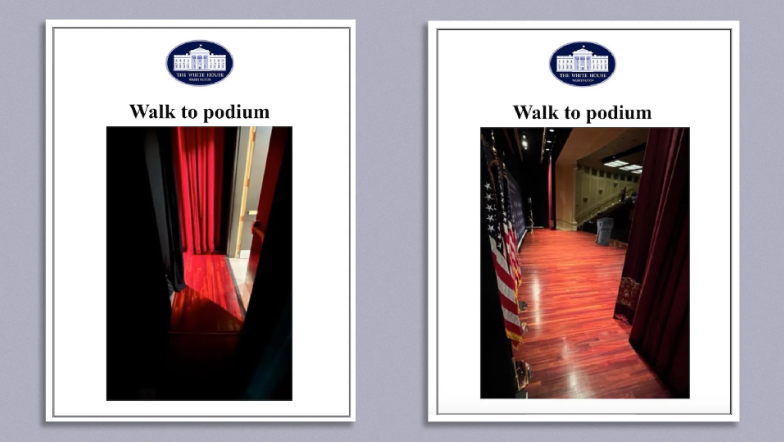

Today, most of us spent our day on autopilot, moving from meeting to meeting with little or no time to think things through. Stretched by heavy workloads and facing ever more complex environments, we are increasingly reliant on our instincts—the default ways of thinking and behaving we fall into when we don’t have time to think. However, depending on instincts is a bit like gambling: sometimes it works, sometimes it doesn’t.
In 2020, we began a research program, involving a review of over 1,200 studies, to investigate where our instincts and default tendencies come from and how we can improve them. The answers lie in the neuroscience of brain development.
Our instincts and tendencies are ways of thinking and behaving that have become written into the structure of our brains through experience. They tend to be simple associations rather than complex knowledge: This is good; that is bad; if this happens, do this; if that occurs, do that. But once learnt, they become automatic and unconscious ways of interpreting or responding to things. And because they are like pre-programmed instructions at our core, just like a computer’s source code, we call these instincts and tendencies the code.
It starts early
The first surprise in our research was just how early this code can form. For instance, there is strong evidence that the quality of our relationships with caregivers at just nine months is firmly related to subsequent attitudes towards authority, which can affect how we manage upwards. The degree to which we tend to experience anxiety can be traced back to the quality of our parental relationships in the first three years. And our ability to regulate our emotions is generally thought to be about 60% inherited.
You may wonder why early experiences are so influential. The reason is that the neural pathways or chains of brain cells formed by our earliest experiences are the foundations upon which all later pathways are formed. So, our earlier experiences inform all subsequent ones. Say, for example, early experience often leads us to feel anxious. The pathways associated with feeling anxiety will become more established—meaning they will fire their signals quicker and more strongly. As a result, these sensitized anxiety pathways are more likely to be activated by future events, making us more likely to feel anxious than someone who didn’t have early experiences that made them feel uneasy. And this is why once an anxiety response is established, it usually becomes generalized, so we feel anxious about lots of things.
Which instincts matter most
Exploring the research into these early-established tendencies, drawing in particular upon studies from the fields of neuroscience and child development, we identified three areas of leadership functioning, critical for leading under pressure, that are particularly affected by them:
- What we focus on: Our attitudes towards risk and reward, preference for familiar or novel information and solutions, and the types of people we prefer to consult with and listen to.
- Our emotionality and ability to maintain our composure: Our tendency to feel anxiety, whether we experience positive or negative emotions more, and whether we tend to internalize or externalize our emotions.
- Our ability to engage people and manage relationships: In particular, our general sociability, ability to resolve tensions and manage conflict, and our attitudes towards authority.
These three areas of functioning are aspects of leadership that on a good day, when we have time to focus on them, we can usually manage and control. Under pressure, without the time to be more considered, we tend to fall back on these default, underlying tendencies because they are associated with the neural pathways that are most established within us. This is why we can find some aspects of ourselves difficult to change. Because this is—literally—just the way we’re wired.
What can be done
For most people, most of these default tendencies are never going to change. This is important because it means that rather than trying to change your behavior, your focus should be on stopping the old default pathways from activating and creating new pathways. This involves three steps.
- Identify the past: A large part of our research has focused on helping leaders identify which specific past experiences can lead to which specific tendencies within them, and how this can affect them under pressure. It’s vital to take the time to do this because some of the tendencies within you are likely to be subtle and hard to spot. But you need to be clear about what they are so you can determine which are useful and which are not.
- Prevent old pathways: Once you’ve identified an instinct or tendency you wish to stop, you can put in place a plan to stop it. Simple behavioral techniques that physically interrupt you work best here, such as a phrase you repeat to yourself, or even just standing up.
- Create a new pathway: This is the replacement behavior you want to have. It can be a simple routine, such as a simple script you follow to help manage tensions. Or it can involve enrolling others to balance what you bring. For instance, if you’re a pessimist who is cautious around risk, invite the input of optimists to ensure you don’t miss any opportunities.
We all know that we are the products of our pasts. But it turns out that the elements of our pasts that can be most influential are often our earliest, which we may well have forgotten. Under pressure, the instincts and tendencies they have created with us can come to the fore. Given that being under pressure is becoming a normal day for many leaders, more actively managing these remnants of the past is fast becoming a required survival skill.
More must-read commentary published by Fortune:
The opinions expressed in Fortune.com commentary pieces are solely the views of their authors and do not necessarily reflect the opinions and beliefs of Fortune.















